Directory
- Share
Olga Fabrikant-Burke
- Alumni
- Russian Federation
- 2016 PhD Divinity
- Trinity College
Olga Fabrikant-Burke
- Alumni
- Russian Federation
- 2016 PhD Divinity
- Trinity College
Born and bred in Moscow, I moved to Cambridge to read for the Theological Tripos, followed by the Hebrew Bible MPhil in the Divinity Faculty. It did not take me long to fall in love with the exhilarating academic environment at Cambridge, and I was excited and honoured to join the Gates Cambridge community to do my PhD here as well. My academic interests centre on the literature, language, history, and religion of ancient Israel from its origins to the Second Temple Period. My work revolves particularly around the scribal culture behind the production of the Hebrew Bible.
Alexander Fabry
- Alumni
- United States
- 2009 MPhil History, Philosophy & Sociology of Science, Techno
- Pembroke College
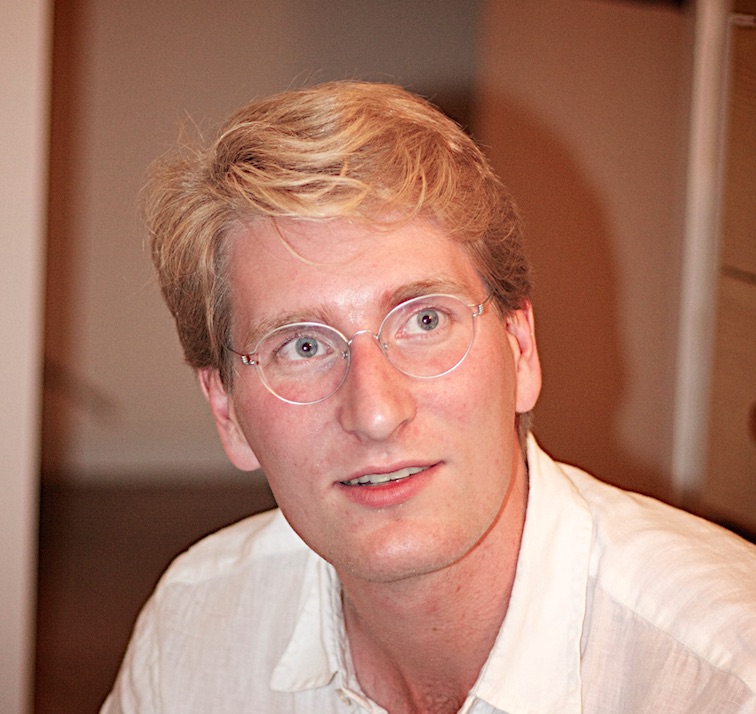
Alexander Fabry
- Alumni
- United States
- 2009 MPhil History, Philosophy & Sociology of Science, Techno
- Pembroke College
Product leader and creative technologist working at the intersection of design and data. Most recently served as the Director of Product Operations and Analytics at Artsy, a startup working to bring all the world's art online and make it freely accessible to anyone with an internet connection.
Tomas Fabsic
- Alumni
- Slovakia
- 2009 CASM Pure Mathematics
- Churchill College
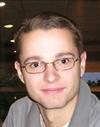
Tomas Fabsic
- Alumni
- Slovakia
- 2009 CASM Pure Mathematics
- Churchill College
I recently graduated with BSc Mathematics from the University of Warwick and at Cambridge I intend to further expand my knowledge of mathematics by studying for Part III of the Mathematical Tripos. My main areas of interest are probability theory and combinatorics and I believe that Part III will be an excellent culmination of my preparation for PhD study. On completion of Part III, I expect to be equipped with a wide range of powerful mathematical knowledge and skills, eager to start working on my own contribution to the world of mathematics.
Isam Faik
- Alumni
- Canada
- 2007 PhD Management Studies
- Downing College
Isam Faik
- Alumni
- Canada
- 2007 PhD Management Studies
- Downing College
I am studying the interdependence between technology and organizational processes in developing countries. My PhD research looks at the implementation of information systems in two developmental domains in Morocco: health care coverage and the justice system. I have an engineering background with work experience in the biomedical and the aeronautic industries. I am married and have two children.
Irene Falk
- Alumni
- United States
- 2014 PhD Clinical Neurosciences
- St John's College
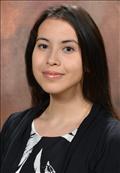
Irene Falk
- Alumni
- United States
- 2014 PhD Clinical Neurosciences
- St John's College
Jingwen (Alice) Fan
- Alumni
- China
- 2017 PhD Medicine
- Emmanuel College
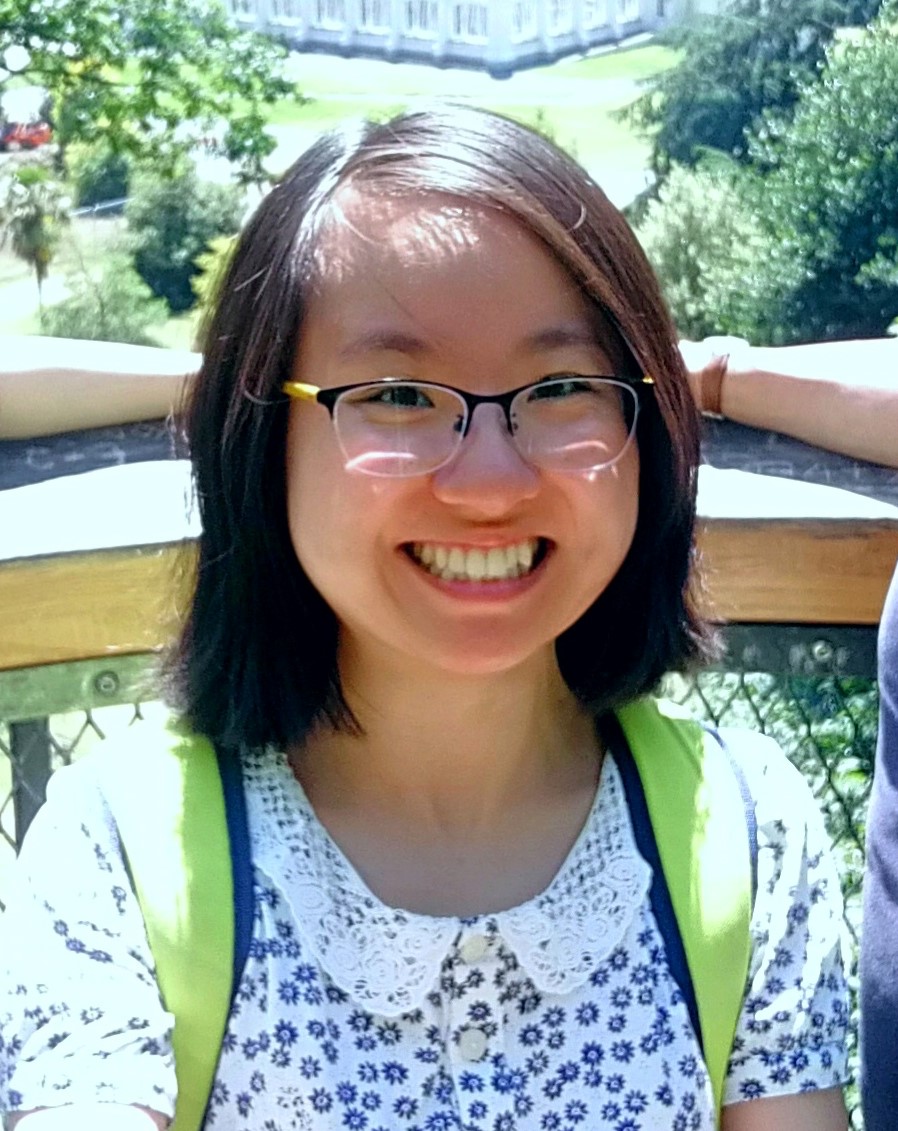
Jingwen (Alice) Fan
- Alumni
- China
- 2017 PhD Medicine
- Emmanuel College
Growing up in a developing country, I was deeply impressed by how science and technology have improved the quality of people’s life. On the other hand, as I was volunteering in science education in remote villages, I also realized education and medical care are distributed unequally in some undeveloped regions. With my ultimate goal of making everyone around the world have equal right to basic medical care, I was determined to become a medical scientist and to develop useful and affordable therapies to improve people’s lives. I am excited and honoured to be joining the Gates Cambridge community for my PhD after my undergraduate study in Xiamen University, China. During my PhD in Professor Lalita Ramakrishnan’s lab, I will work on improving and possibly discovering new therapies for tuberculosis infection. As one of the oldest known human infectious diseases, tuberculosis continues being a leading cause of death from infectious diseases. It caused about 1.3 million deaths and 10.4 million infection cases in 2016 (WHO 2017). Nowadays, the rapid increase of multidrug-resistant tuberculosis strains is the main challenge in the battle against this disease. I will mainly focus on host innate immune reactions against bacterial infection. By targeting on the key molecules and pathways in host immune system, I hope to provide new ideas in the treatment of tuberculosis, including multidrug-resistant tuberculosis.
Previous Education
Xiamen University
Links
Mary Fan
- Alumni
- United States
- 2004 MPhil Social Anthropological Analysis
- Downing College
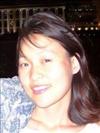
Mary Fan
- Alumni
- United States
- 2004 MPhil Social Anthropological Analysis
- Downing College
Anyu Fang
- Alumni
- United States
- 2007 MPhil Development Studies
- Queens' College

Anyu Fang
- Alumni
- United States
- 2007 MPhil Development Studies
- Queens' College
Zhao Fang
- Alumni
- China
- 2009 MPhil Asian and Middle Eastern Studies
- Trinity College
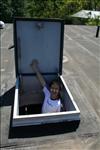
Zhao Fang
- Alumni
- China
- 2009 MPhil Asian and Middle Eastern Studies
- Trinity College
I am from Hefei City, a medium-sized city in the Yangtze River Delta Plain in the People's Republic of China. I went to Haverford College in the United States for my undergraduate studies, and was a double major in history and chemistry. In Cambridge I am working on the cultural history of late imperial China, focusing on the interpretation of a particular literary genre, biji (notebook, or collection of miscellaneous articles), written in the Qing dynasty and early Republican China. After graduating from Cambridge I pursued a law degree at Stanford. I then returned to China to founded a history journal called the Oriental Historical Review (OHR). Currently I am the executive editor of the journal based in Beijiing.
Pierre Far
- Alumni
- Jordan
- 2001 PhD Genetics
- Magdalene College
Pierre Far
- Alumni
- Jordan
- 2001 PhD Genetics
- Magdalene College
Ausaf Ahmed Farooqui
- Alumni
- India
- 2007 PhD Cognition & Brain Sciences
- Fitzwilliam College
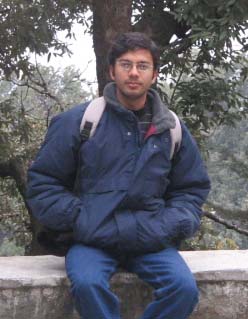
Ausaf Ahmed Farooqui
- Alumni
- India
- 2007 PhD Cognition & Brain Sciences
- Fitzwilliam College
Yassir Fathullah
- Alumni
- Sweden
- 2021 PhD Engineering
- Peterhouse

Yassir Fathullah
- Alumni
- Sweden
- 2021 PhD Engineering
- Peterhouse
The idea of versatile models able to identify and utilise complex patterns in data has always been an intriguing part of Information Engineering. Whilst studying at the University of Cambridge, I conducted multiple research projects with a special focus on a family of such models called deep neural networks. Applied to areas ranging from speaker diarisation to active learning, I slowly started to understand the wide ranging applicability, but also drawbacks of this family of approaches. One of these drawbacks is the lack of uncertainty estimation, the ability to account a model’s prediction to various causes of uncertainty, and this is where I will focus my research. I plan on developing efficient neural networks that will be able to quantify different types of uncertainties, and apply them in both high-risk and sensitive domains, where previously, such models would not have been applicable due to a limited understanding of how and when they work.
Previous Education
University of Cambridge Eng. Tripos (Information Eng.) 2021
Mahya Fazel-Zarandi
- Scholar
- Canada
- 2025 MPhil Medical Science at Cancer Research UK Cambridge Institute
- Homerton College
Mahya Fazel-Zarandi
- Scholar
- Canada
- 2025 MPhil Medical Science at Cancer Research UK Cambridge Institute
- Homerton College
I am a senior at Princeton University, majoring in Molecular Biology with a minor in Quantitative and Computational Biology. My senior thesis, advised by Professor Joshua Rabinowitz, is focused on investigating the structure-function relationship of thymidine analogs in cancer therapy. On campus, I am the co-founder and co-president of the Princeton Association of Women in STEM and serve as a science writer for The Daily Princetonian. From the lab bench to the newsroom, I have cultivated a deep passion for scientific discovery and sharing the joy of science by making it accessible to broader audiences. I hope to build on these experiences at the University of Cambridge by developing new therapeutic approaches for high grade serous ovarian carcinoma, while also engaging with a global network of thinkers dedicated to scientific dialogue and communication. I am excited to expand my scientific toolkit, deepen my understanding of translational medicine, and explore the natural and historical beauty of Cambridge alongside fellow Gates scholars.
Previous Education
Princeton University Molecular Biology
Ila Fazzio
- Alumni
- Brazil
- 2001 PhD Biological Anthropology
- King's College

Ila Fazzio
- Alumni
- Brazil
- 2001 PhD Biological Anthropology
- King's College
Fernan Federici
- Alumni
- Argentina
- 2005 PhD Plant Sciences
- St Edmund's College
Fernan Federici
- Alumni
- Argentina
- 2005 PhD Plant Sciences
- St Edmund's College
We seek to engineer biological systems from modular, interchangeable and standarized components. I am currently working on the development of computational-genetic tools for automation of cell growth and gene activity analysis. The aim of my PhD project is to contribute to a better understanding of the genetic and mechanical mechanisms underlying plant development. I'm very grateful to the Gates Cambridge Trust for this great opportunity.
Gregor Feierabend
- Alumni
- Germany
- 2023 MPhil Advanced Computer Science
- Trinity Hall
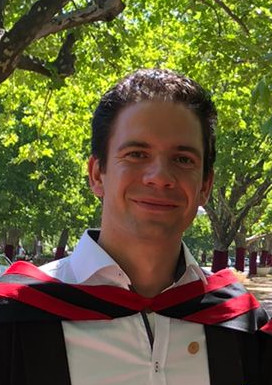
Gregor Feierabend
- Alumni
- Germany
- 2023 MPhil Advanced Computer Science
- Trinity Hall
At Stellenbosch University in South Africa, I studied mathematics and computer science. At the University of Cambridge, I will pursue an MPhil in Advanced Computer Science. My interest in these subjects is rooted in the enjoyment of acquiring a deep and thorough understanding of a topic at hand. This I regard as a process that heavily relies on the development of a suitable formal language. Formal languages are omnipresent in computer science and are fundamental in the development of, for example, network protocols or programming languages. My current research interests lie in the applications of category theory and mathematical logic to formal language theory. I am also interested in the related area of proof assistants and their use in building provably correct software. The abstract nature of these topics leads to potential applications in a wide range of subjects. Thus, I hope to be an inspiration to and equally be inspired by the multidisciplinary and diverse Gates Cambridge community.
Previous Education
University of Stellenbosch Mathematics 2022
University of Stellenbosch Mathematics 2021
Joshua Feinzig
- Alumni
- United States
- 2016 MPhil Criminology
- Pembroke College
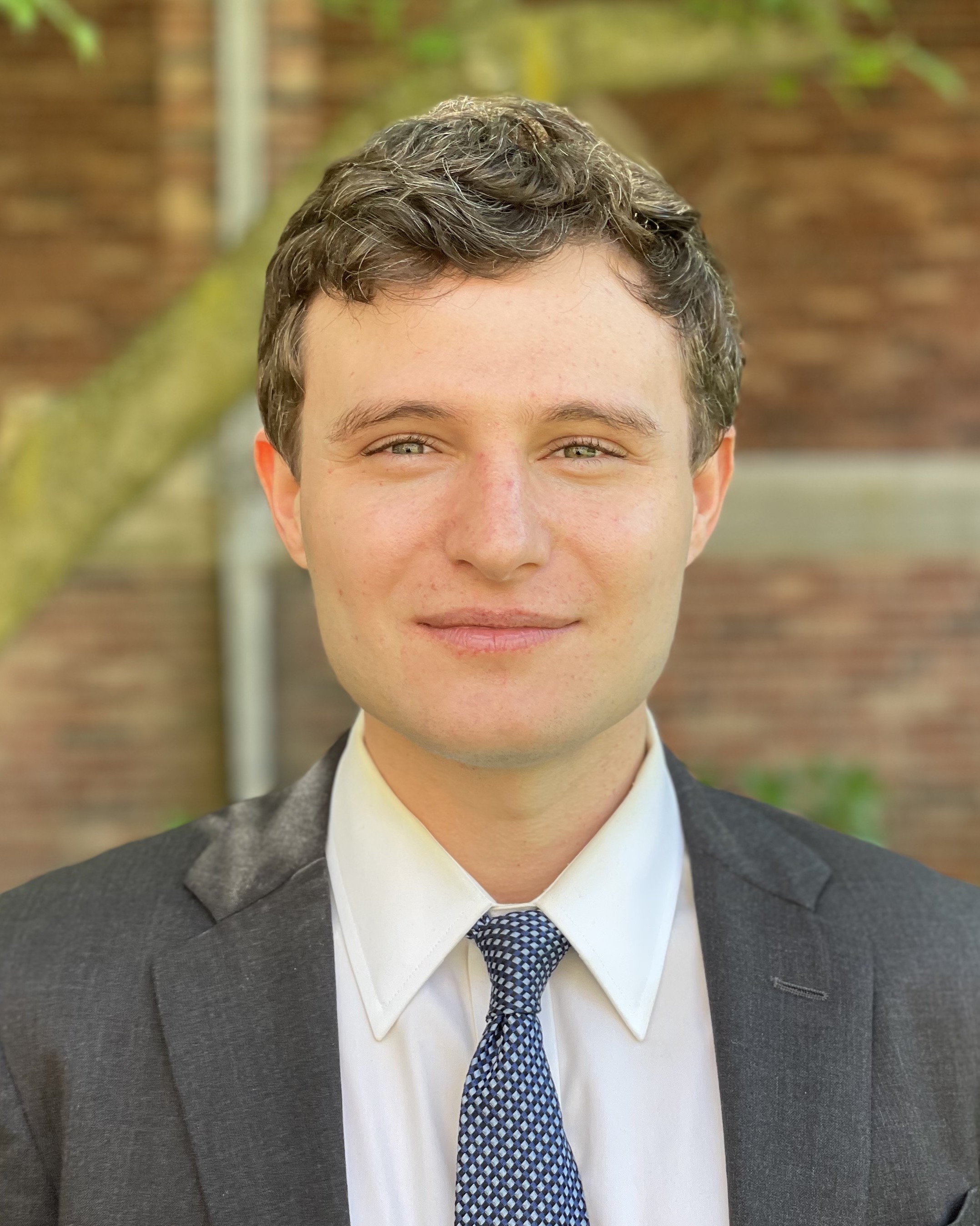
Joshua Feinzig
- Alumni
- United States
- 2016 MPhil Criminology
- Pembroke College
Josh is a recent graduate of Yale Law School, where he was an Executive Editor of the Yale Law Journal and a Coker Fellow in Constitutional Law. Before law school, Josh completed an MPhil in Criminology at Cambridge and was a Luce Scholar in Taipei. He previously studied Ethics, Politics & Economics at Yale University, where he graduated summa cum laude and Phi Beta Kappa, and was awarded the Roosevelt L. Thompson Prize and William H. Orrick, Jr. Senior Essay Prize.
Previous Education
Yale University
Dankrad Feist
- Alumni
- Germany
- 2009 PhD Applied Mathematics and Theoretical Physics
- Girton College
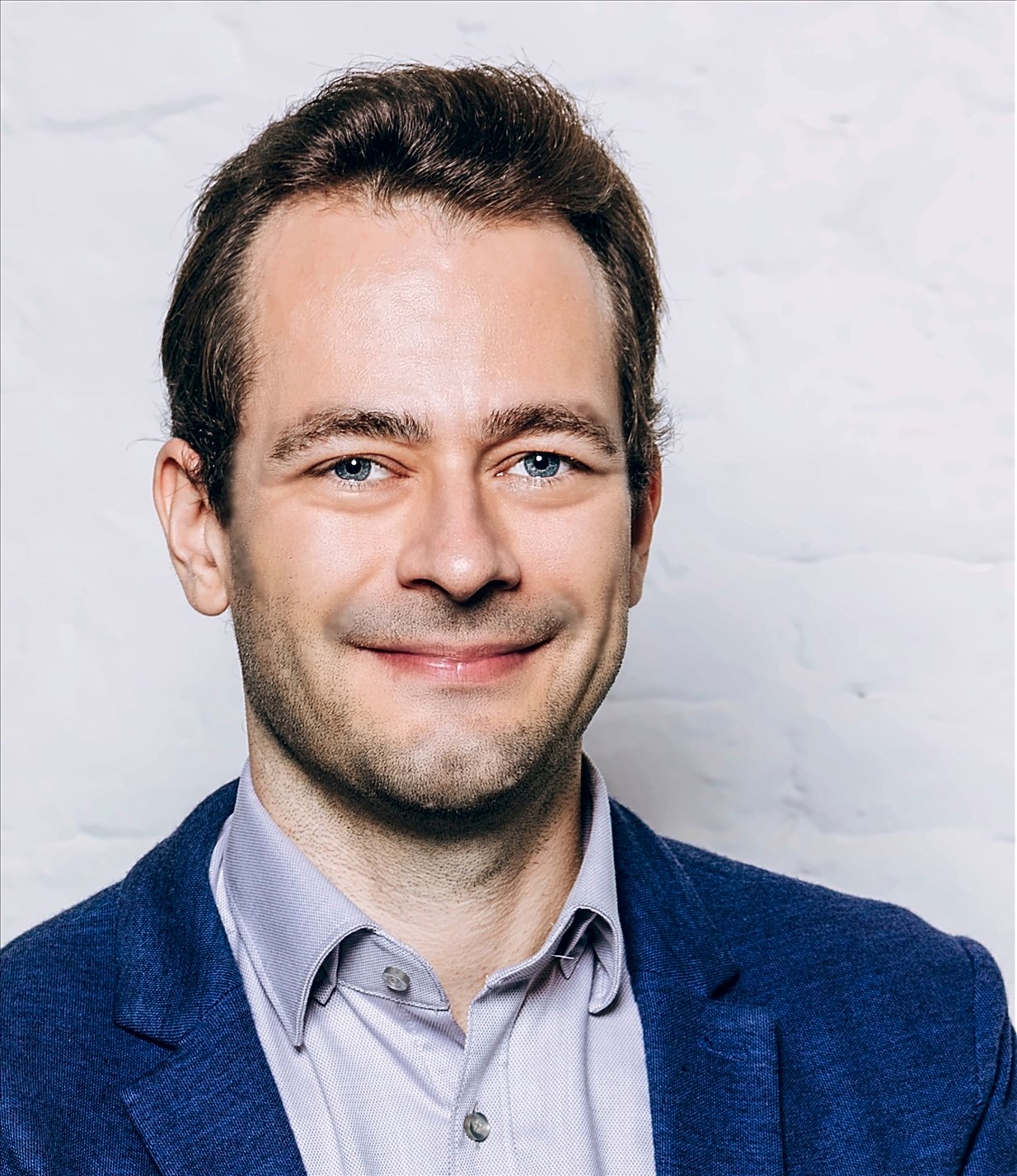
Dankrad Feist
- Alumni
- Germany
- 2009 PhD Applied Mathematics and Theoretical Physics
- Girton College
Dankrad Feist finished his PhD in Theoretic Physics in 2013. Since then, he has been working in the technology sector. He co-founded the startup Cara Care in 2016. Currently he is working as a Researcher for the Ethereum Foundation, focusing on Applied Cryptography.
Links
https://dankradfeist.de
https://www.linkedin.com/in/dankrad-feist-77677339








